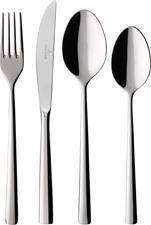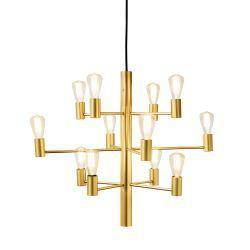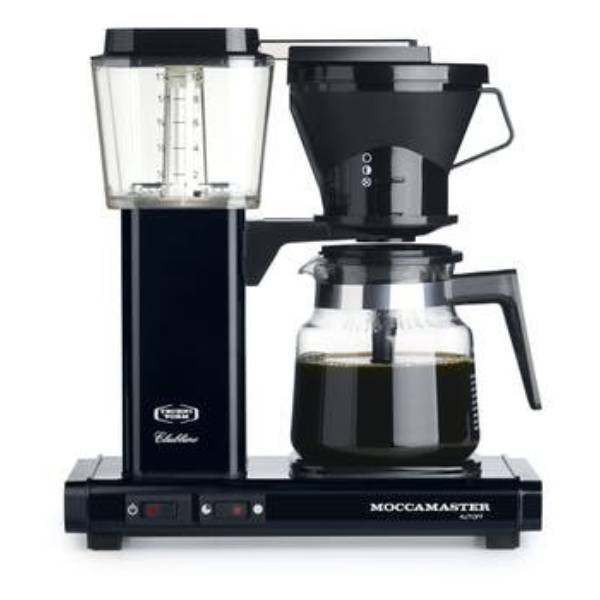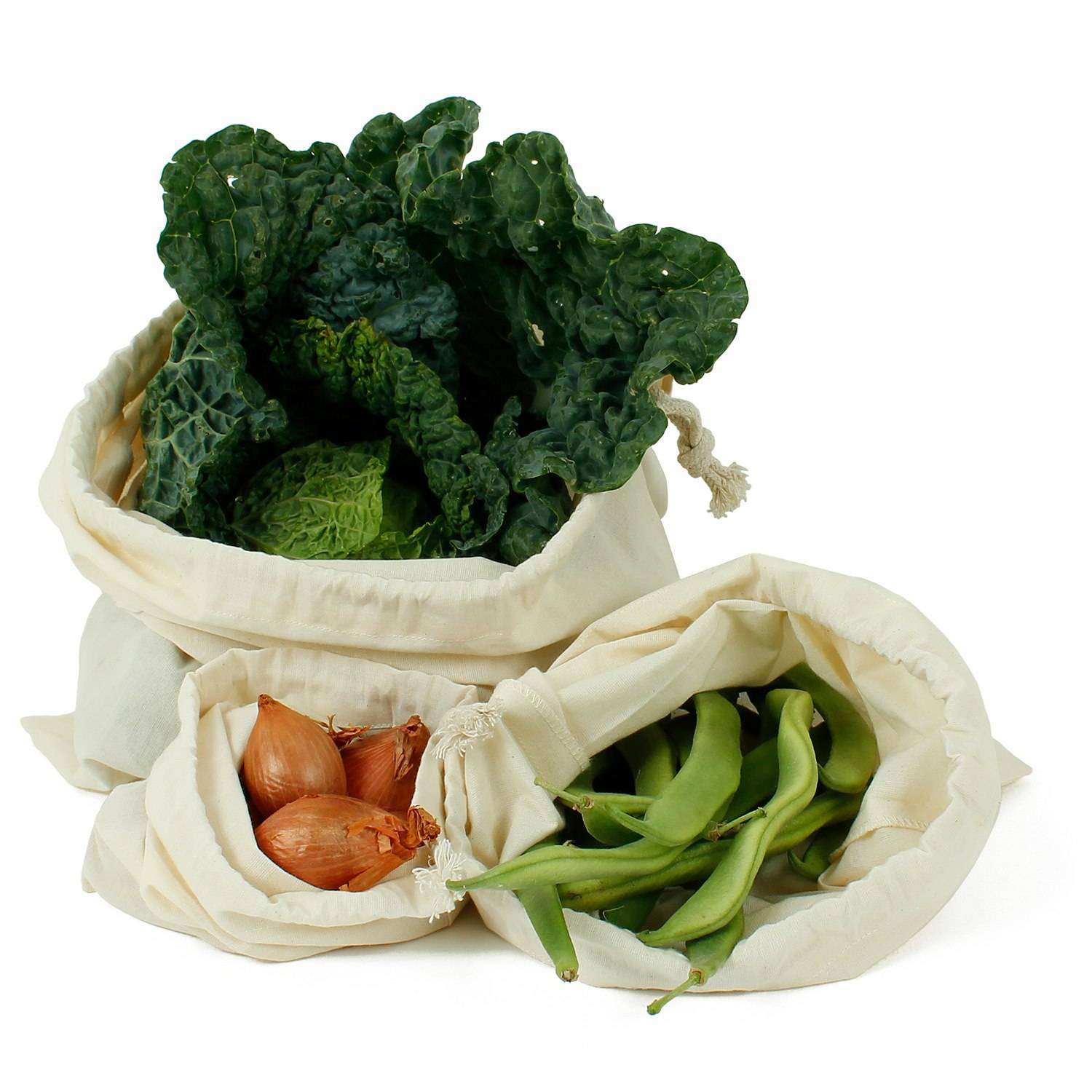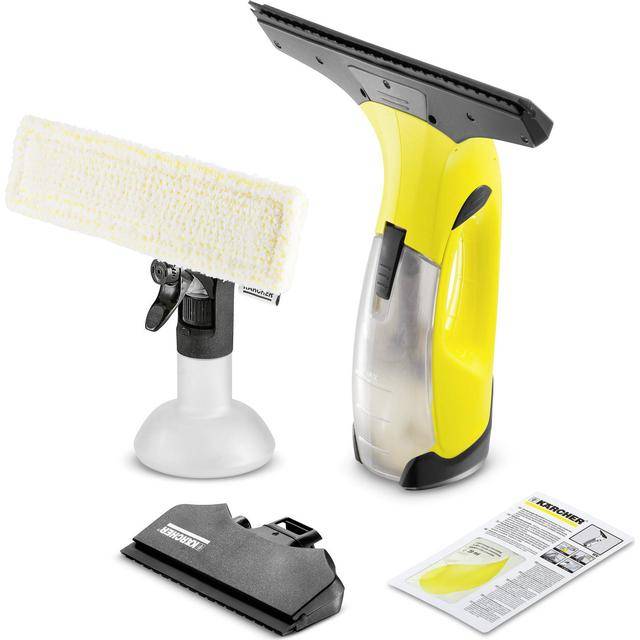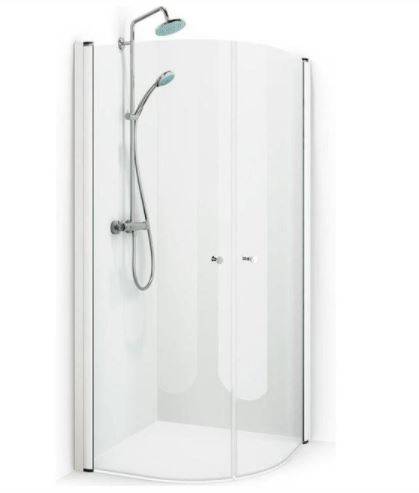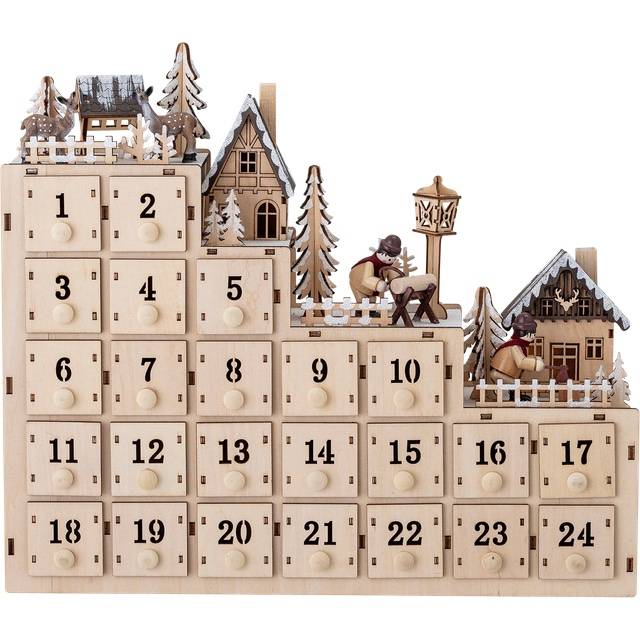Home & Interior
Kitchen Appliances
Blenders
Blowtorches
Breadmakers
Coffee Grinders
Coffee Makers
Deep fryers & Airfryers
Food Cookers
Food Dehydrators
Food Mixers & Food Processors
Hand Blenders
Hand Mixers
Ice Cream Makers
Ice Makers
Juicers
Kettles
Kitchen Scales
Meat Slicers
Mincers
Mini Choppers & Spiralisers
Other Kitchen Appliances
Pasta Makers
Popcorn Makers
Sandwich Toasters
Soft Drink Makers
Toasters
Vacuum Sealers
Waffle Makers
Percolators
Try flexible payments withLearn how
Filter
Product Properties
Features
Power Source
Measures
28 products

Tops Fitz-All Replacement Percolator Top
Percolator
£25.17
Or 3 interest-free payments of £8.39/mo.*1store

Coletti Black Bozeman Percolator Coffee Pot 9 Cup
Percolator
£83.15
Or 3 interest-free payments of £27.71/mo.*1store

Captain Stag Captain Stag 18-8 Stainless Steel Percolator 3 Cup
Percolator
£50.00
Or 3 interest-free payments of £16.66/mo.*1store

Euro Cuisine PER08 8 Cup
Percolator, 800W, Capacity (cups): 8 Cups, Reusable Filter, Colour: Copper
£68.58
Or 3 interest-free payments of £22.86/mo.*1store
Advertisement
Popular searches in Percolators
- Bean to cup coffee machines
- Sage coffee machine
- Dolce gusto machine
- Nespresso citiz
- Delonghi rivelia
- Philips series 5500
- Nespresso machine
- Electric milk frother
- Tassimo coffee machine
- Nespresso coffee machine and milk frother
- Nespresso pixie
- Nespresso essenza mini
- Dualit frother
- Barista coffee machine
- Built in coffee machine
- Inissia
- Delonghi magnifica coffee machine
- Breville coffee machine
- Delonghi bean to cup
- Sage bambino espresso machine

